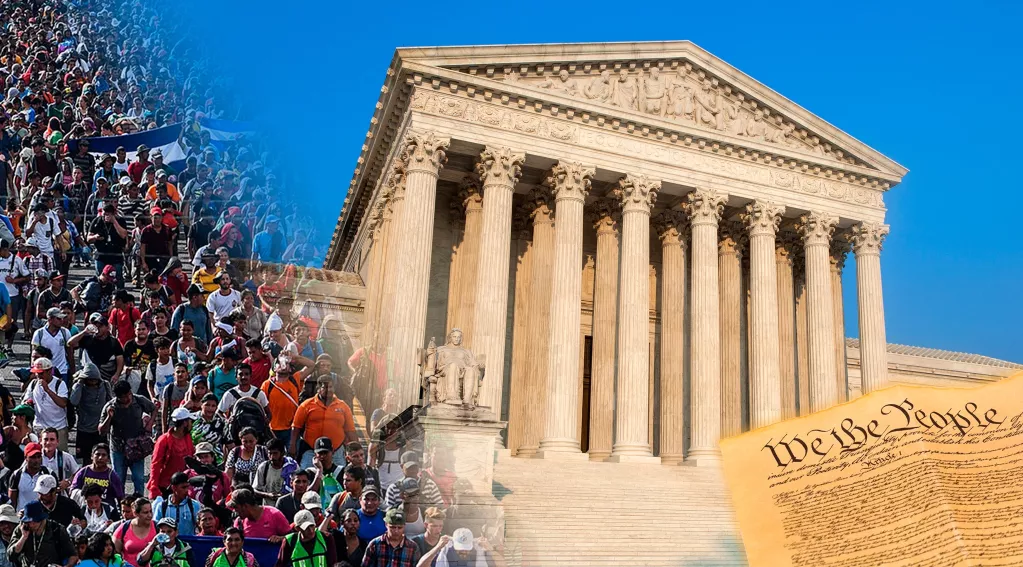Human Traffickers and Immigration Fraudsters Have a Consistent Ally: The Radical Ninth Circuit

In 2020, the Supreme Court handed down a decision, in U.S. v. Sineneng Smith, affirming that it is a crime to encourage illegal immigration. The ruling reversed a Ninth Circuit Court of Appeals decision that, in SCOTUS’s view, had acted prematurely. If the Ninth Circuit’s decision had remained in force, an important law that allows punishment for criminal scammers who routinely destroy others’ lives would have been struck down. Unfortunately for the Americans and foreigners victimized by these scammers, activist lawyers seem determined to let them defraud the public freely and the issue is headed to the highest court once again.
The statute at issue is 8 U.S.C. §1324(a)(1)(A)(iv), which makes it a crime for any person to encourage or induce an alien to come to or live in the U.S. while knowing or recklessly ignoring that the alien would be violating the law by doing so. Both Sineneng and the new case now before the Supreme Court, U.S. v. Hansen, involve people convicted under this law: Ms. Sineneng-Smith stole $3.3 million from clients who had no chance at legal status, while Mr. Hansen took in $1.8 million falsely promising lawful status through adult adoptions. Unlike in Sineneng, Hansen himself challenged the law’s constitutionality on appeal and set up the current Supreme Court showdown. How could a law that addresses such obviously criminal behavior be unconstitutional?
The Ninth Circuit’s argument in striking down the law is that it could criminalize harmless speech, like advising illegal aliens about social services or encouraging them to take shelter during natural disasters. If the law actually did these things, it could perhaps violate the First Amendment. Unsurprisingly, however, the Ninth Circuit’s interpretation is wildly wrong.
§1324 plainly requires the person doing the inducement to “know” or “recklessly disregard” that the illegal aliens they’re engaging would be actively violating immigration law through taking the suggested action. None of the outlandish examples of “unconstitutionality” the Ninth Circuit gives in Hansen would fall under the scope of the statute. Helping illegal aliens to shelter during a disaster or receive legal social services does not break the law, as the Ninth Circuit wrongly implies. Instead, the statute punishes criminal schemes that directly encourage others to violate immigration laws, and knowingly inducing others to break the law is not protected speech under the Constitution. Such schemes are effectively a form of incitement to commit an illegal act, and the Supreme Court has ruled in the past that incitement statutes are constitutional.
Fraud by individuals claiming to offer immigration benefits is a serious and widespread issue. Strange bedfellows like the American Bar Association and the U.S. Department of Justice maintain active campaigns to raise awareness among people seeking immigration benefits about individuals like Sineneng-Smith and Hansen whose scams can cost millions and destroy lives. Nevertheless, it seems like the open-borders lobby and their friends on the Ninth Circuit want to make running these scams as painless as possible. Our right to free speech is not a free pass to actively defraud people and orchestrate lawbreaking on a massive scale. We can only hope the Supreme Court, once again, affirms the importance of this law giving the government more options to prosecute immigration scammers of all sorts.

